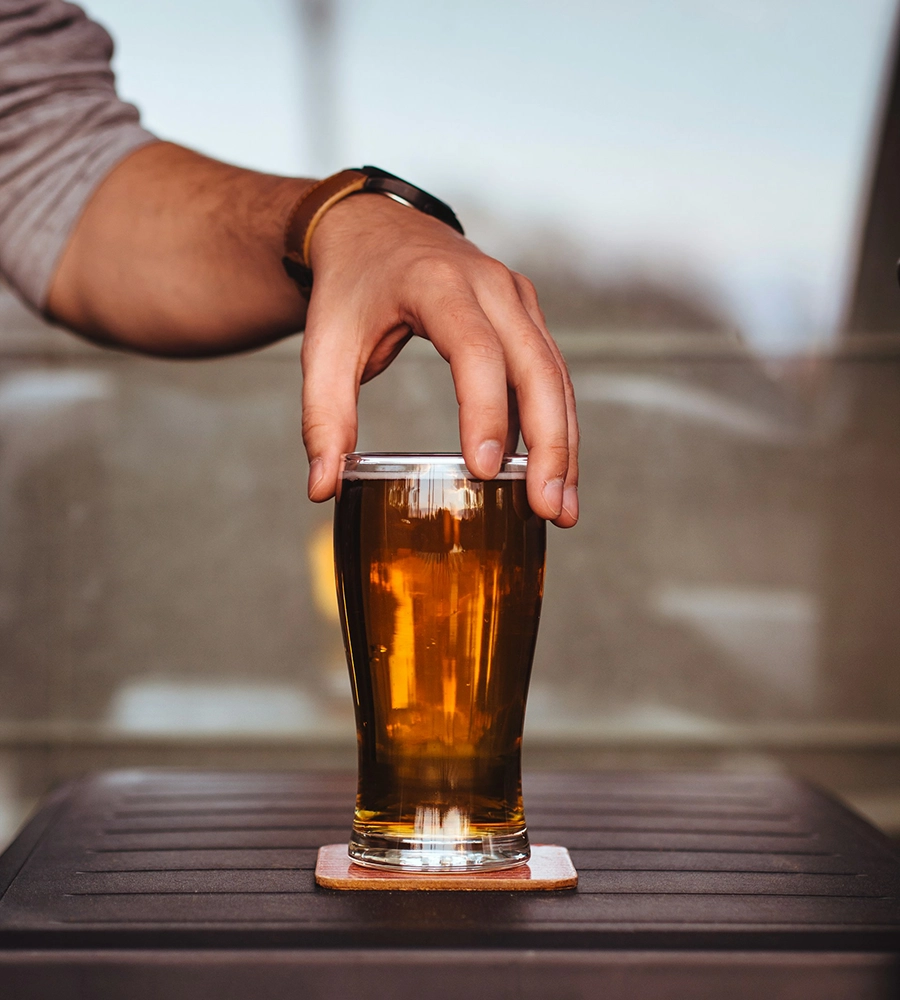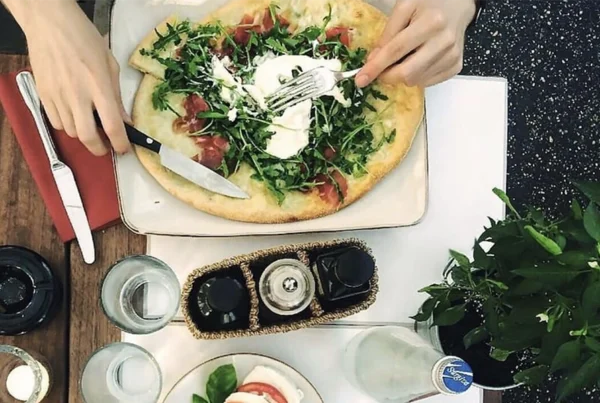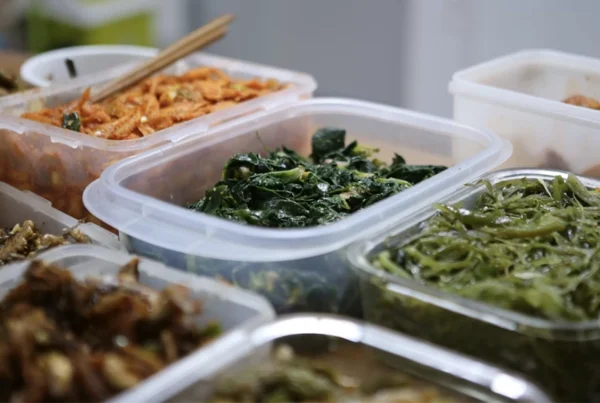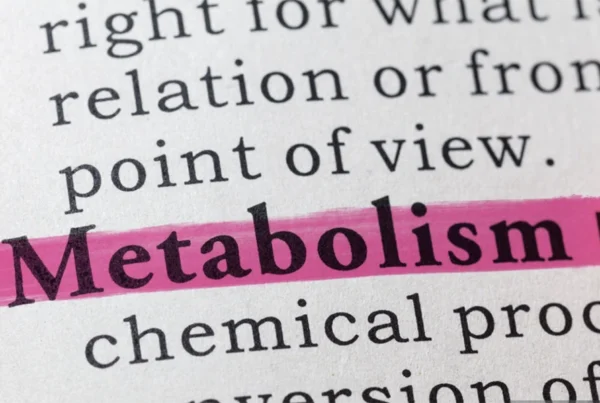When I first thought about giving up alcohol, I wasn’t in crisis. There were no dramatic scenes, no rock-bottom moments that usually make their way into memoirs or late-night confessionals. I was just… tired. Tired of waking up with brain fog. Tired of pretending wine was some kind of self-care. Tired of trying to squeeze clarity from a bottle that only ever gave me static. And somewhere beneath all that noise, I had this little whisper in my gut telling me I was missing something. Not in a chasing-perfection kind of way. More like I was brushing up against a different kind of life—one where I felt more like myself. One where I didn’t need a drink to “unwind,” “fit in,” or “take the edge off.”
That whisper turned into something louder. And one day, I stopped drinking. Not for a detox. Not as a punishment. But as an experiment in what it might feel like to finally live with all the lights on.
Why Drinking Isn’t the Escape We Think It Is
For a while, I told myself that my drinking was mellow, normal, even earthy. A glass of red with dinner, a spicy cocktail on a date night, a hard kombucha on a hike—what could be more balanced than that? But the truth was, even when it looked casual on the outside, alcohol was creating static in my body. Not just in my sleep or my digestion or my energy (though, yes, all of that was affected), but in my connection to the deeper stuff too. My creativity started to feel forced. My nervous system stayed jittery, even on days I didn’t drink. And I realized that what I’d been calling “winding down” was really just numbing out.
Alcohol has this sneaky way of convincing us it’s relaxing us, when really it’s messing with our natural rhythms. What I thought was stress relief was often just the sedation before the crash. And the crash always came—anxious mornings, low moods, foggy thinking. Over time, even small amounts can start to chip away at your body’s ability to handle stress. You may still seem “high functioning,” but inside, your system is whispering please stop. I had ignored mine long enough.
What It Feels Like to Detox From the Buzz
Let’s not sugarcoat it—early sobriety can feel weird. Not just because your routines are changing, but because your body finally gets to show you what’s been happening under the surface. You might feel like you’ve just stepped into a louder, more vibrant world, only it’s turned up too high. And your emotions? They don’t knock—they kick the door open and come through like a windstorm.
When I quit drinking, I didn’t just miss the taste or the ritual. I missed the predictable way it buffered my discomfort. Suddenly, I had to deal with things I’d been able to conveniently ignore for years—like loneliness, disappointment, and overstimulation. And I had to learn how to sit with myself. No numbing. No off-switch. That’s when withdrawal symptoms really started showing up—not just physical, but emotional and spiritual too.
My sleep patterns flipped. I’d wake at strange hours, wired with thoughts. I cried a lot. I snapped at people I love. But underneath all of it, I had this fierce sense that something real was starting. That my body and soul were finally trying to speak to each other again after years of being out of sync.
Why Support Matters and Where to Find It
It’s one thing to say “I’m done,” and another thing entirely to live that decision in a world that constantly romanticizes drinking. That’s why support—real, warm, no-pressure support—isn’t just helpful, it’s essential. You need people who won’t flinch when you say you’re having a hard day. People who understand that sobriety isn’t just a health trend, it’s a lifestyle shift. A spiritual recalibration. Sometimes a total unlearning.
And if your path needs more structure, there are incredible places doing deeply healing work—like Betty Ford in Los Angeles, Indiana Treatment Centers in Columbus or Tranquility Woods in Maryland—places where sobriety is treated with the care it deserves. Not as a punishment, but as a turning point. Not all support has to be residential or clinical. But knowing it’s there? That can be a lifeline. Even just reading about these spaces reminded me that this was bigger than me. That there are whole communities full of people choosing clarity, connection, and inner peace over numbness.
Living Sober Isn’t About Deprivation—It’s About Expansion
Somewhere along the way, we got tricked into thinking sobriety was about saying no. No fun, no spontaneity, no comfort. But that couldn’t be further from what I’ve experienced. Since I stopped drinking, the world has opened up in ways I didn’t expect. My mornings feel cleaner. My relationships feel truer. My energy has a steadiness I never had when I was stuck in the swing between drinking and recovering.
Sobriety made space in my life. Literal time, yes. But also mental space. Emotional space. Creative space. I finally started painting again. I started writing. My body felt like something I lived in again, instead of something I was constantly trying to silence or sedate. I thought I’d be giving something up. Instead, I got everything back—my sensitivity, my laughter, my intuition. Even joy felt more available. Not in that sugary, performative way, but in the grounded, eye-crinkling, sun-on-your-face kind of way.
You Don’t Have to Be “Bad Enough” to Want Better
If you’re on the fence about drinking, you don’t need a dramatic reason to explore sobriety. You don’t have to identify with labels. You don’t need a therapist’s blessing or a rock-bottom story to back it up. You just need to want something softer, something more alive. That’s reason enough.
There’s a kind of magic in choosing sobriety from a place of curiosity instead of desperation. It lets you root into the decision instead of resenting it. It gives you permission to build a version of your life that feels more aligned, even if it looks nothing like the before. The world might not always get it. But you will.
When It All Starts to Click
The day it finally felt easy wasn’t the day I stopped craving a glass of wine. It was the day I realized I didn’t need it to connect, unwind, or celebrate. I had become someone who felt safe in her own skin, even on hard days. Especially on hard days.
So, yes. Saying goodbye to booze might just be the most nourishing thing you ever do for your soul. Not because it fixes everything, but because it opens the door to things you didn’t even know were missing. And what a beautiful surprise that can be.
Photo by Pawel Kadysz on Unsplash







